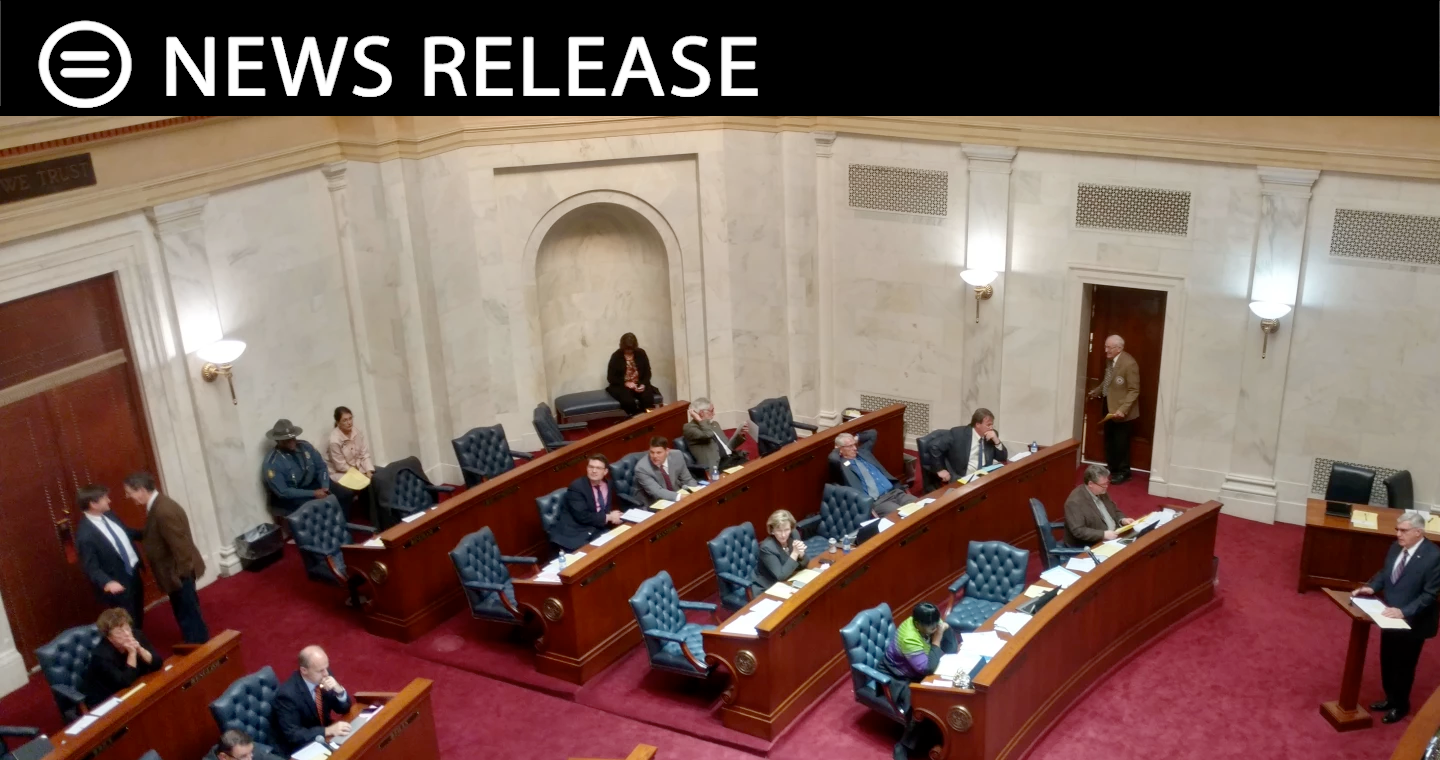Urban League Leaders: Proposed Ban on Affirmative Action Based on Myths About Racial Discrimination

LITTLE ROCK and NEW YORK (February 7, 2023) -- Efforts to outlaw affirmative action in Arkansas are based on a flawed understanding of such policies and could compound systemic inequities and barriers to opportunity that still exist in the state, Urban League leaders said.
“I’m deeply troubled to hear members of the legislature refer to affirmative action policies as a form of racial discrimination,” Urban League of Arkansas President and CEO Scott Hamilton said. “This kind of rhetoric is a red flag that lawmakers have bought into the pernicious and divisive myths about successful and effective methods of closing racial gaps.”
Affirmative action policies are affirmative steps to attract and retain underrepresented populations for educational, employment, and civic opportunities and establish policies for fair evaluation of candidates based on non-biased criteria.
“Affirmative action policies are aimed at eliminating a disadvantage, not creating one,” National Urban League President and CEO Marc H. Morial said. “Without clear and specific guidelines such as those outlined in affirmative action policies, we know that institutions fall back into discriminatory and exclusionary patterns. Banning affirmative action is an endorsement of discrimination, not an elimination of it.”
The leaders pointed to an extensive body of research that racial discrimination is widespread in hiring, housing, education, and commerce. Black candidates with identical qualifications were half as likely to be called back as white candidates, even when they followed identical scripts and dressed alike. Rental applicants whose names implied they were Black were 26 percent less likely to be told the apartment was available. After highly selective colleges banned affirmative action policies, they colleges admitted 23% fewer students of color.
Hamilton urged Arkansans to reach out to their state legislators to voice their opposition to the proposed legislation and called on legislators to learn the facts about anti-discrimination policies before advancing the bill.

